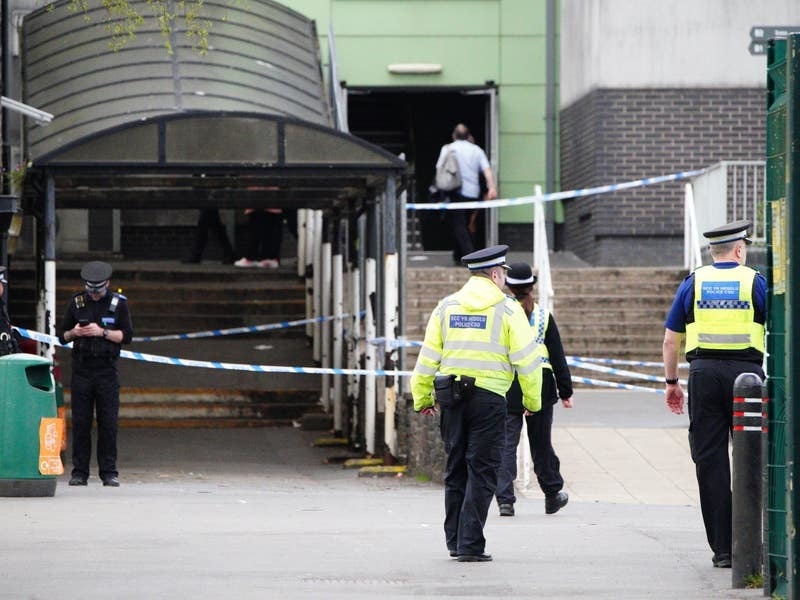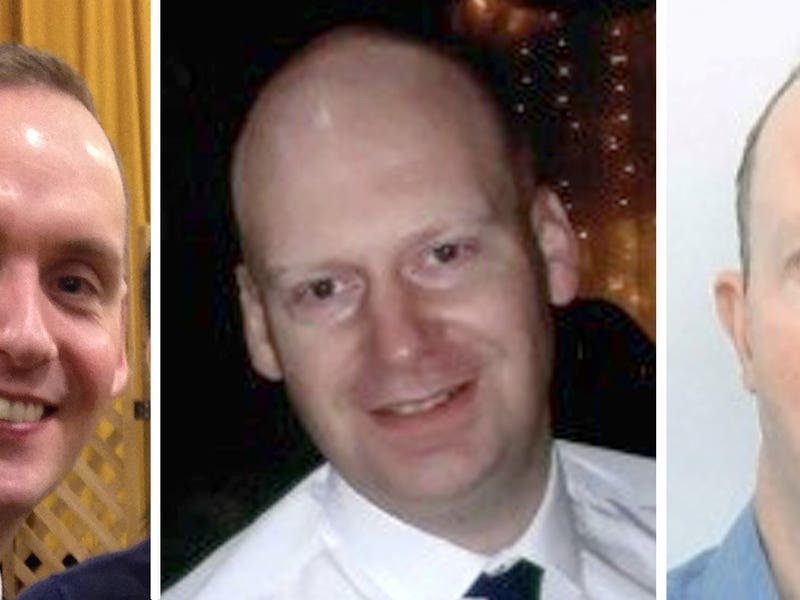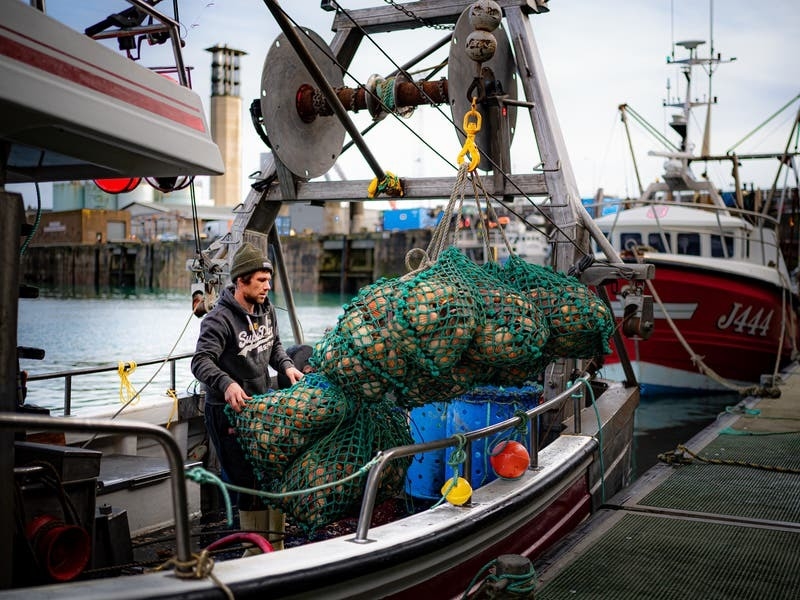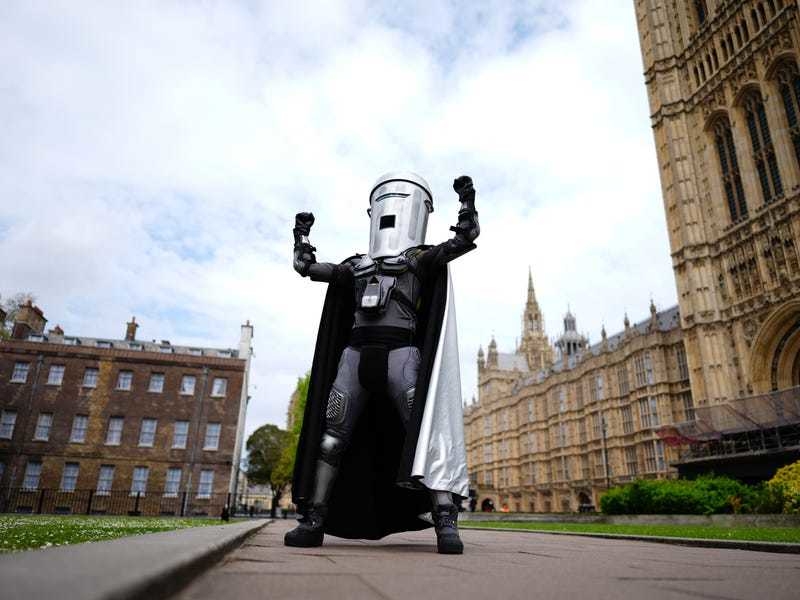Kat Matthews is preparing to race a mile away from the spot where she should have died.
The 31-year-old, one of the world’s best long distance triathletes, was out on a training ride in Texas ahead of the Ironman World Championship last October, where she would have been among the favourites, when she was hit by a car.
She fractured her skull, two vertebrae in her neck and her sternum. The emergency call, shown in a documentary from the Professional Triathletes Organisations detailing Matthews’ recovery, is tough to watch.
But, remarkably, a little more than five months on, Matthews is in good enough shape to plan her return to racing from her home near Loughborough.
And the race she has chosen is the US Ironman Championships in Texas in April, which will take her almost back to the scene of the accident.
“It’s not deliberate, I haven’t done that as a sort of spiteful thing,” she tells the PA news agency with a smile.
“It happens that this is where this massive race is. I think it’s going to be hard but I don’t want to think about it. I’m deliberately not spending time there. I’m going in the day before the race, racing and then leaving.
“It was a freak accident that could have happened anywhere in the world. It would be really cool to dissolve any associated demons from the accident in one race and then just move on. It sounds too theoretically clean but I’m hoping it might feel like that.”
“I wrote something on social media, which I don’t really remember writing, about this loss of identity and basically grieving for what I had lost, which was this opportunity that I’d been training for for two and a half years,” she says.
A latecomer to triathlon, Matthews had made rapid strides, finishing second in the postponed 2021 Ironman World Championship and then becoming the fastest woman ever over the distance at the Sub8 project, inspired by Eliud Kipchoge’s sub two-hour marathon.
Matthews got into the sport through her previous profession as a physiotherapist in the British Army.

“Having seen that in other people, I would be the sort of person who would be a bit blase – eyes opened, but you assume that never would happen to you,” she says.
“Then going through this experience where I genuinely feel lucky to, one, be alive, and two, to have normal brain function, and then physical function, and then to have high performance.
“The injury should have killed me, or really messed my brain up. So it’s this gratitude from that perspective because I’ve seen how bad it could be.
“But also understanding as an individual that you are really in control of how you deal with that injury, and the injury doesn’t have to own you. I saw soldiers who let their injury become them and their identity. I knew I wasn’t going to let a car driver change my identity.”
Matthews has found, somewhat to her surprise, that the recovery process has brought enjoyment, and appreciation for each milestone.
She says: “I was joking with a couple of friends last week that I feel bad, I shouldn’t be this happy in life at the moment. It should be harder. But I’ve found a lot of happiness in that gratitude.
“This sounds a bit ridiculous, this is not me, but I went for a long run today, I did 17 kilometres, which doesn’t sound very much for most triathletes, but it’s the longest run I’ve done since the accident. And I nearly burst into tears mid-run because I was so happy that I was running.”
Making it to the World Championships in Kona, Hawaii, the most prestigious race in the sport, remains the big goal, while Matthews also plans to compete in the PTO series.
Your Pho3nix Sub7 Sub8 powered by Zwift champions – what a day to remember for triathlon in this ultimate test of human endurance. Congratulations to @kristianblu and @Katr_Matthews and your teams!#sub7sub8 pic.twitter.com/24fsk4tUGt
— Pho3nix Foundation (@Pho3nix_Fdn) June 5, 2022
Triathlon is arguably the world’s most gender equal elite sport and the PTO, an athlete-owned organisation, is committed to supporting female athletes, including through its industry-leading maternity policy, which gives 15 months of paid leave.
One of the big unknowns for Matthews as she prepares to return to elite racing is whether winning will be as important having so nearly lost everything.
“It’s a really hard question,” she admits. “The professional athlete answer is: obviously. But I don’t know. I actually feel a lot more motivated to race right now than I did in September, which is weird.
“I was getting quite stressed about the event because I’d done so well earlier in the year. I was one of the favourites and it was affecting my mental health.
“I think now I’m reinvigorated by this new platform of enjoying challenging myself rather than getting overloaded by the expectation of others. I think I could be better than before.”






